About Motivational Interviewing
Motivational Interviewing (MI) is a client-centered, collaborative, and goal-oriented counseling approach that can be highly effective in the child welfare setting, particularly when working with preventive workers. These workers play a crucial role in assessing families at risk of child abuse or neglect and providing interventions to prevent further harm to children.
Key Principles of Motivational Interviewing:
Express Empathy: Preventive workers using MI actively listen and demonstrate empathy to understand the challenges and concerns of the families they work with. By showing genuine compassion, workers can create a trusting and non-judgmental environment, which is essential for effective engagement.
Develop Discrepancy: MI helps families recognize the discrepancy between their current behavior and their desired goals or values. Preventive workers can use this principle to support families in recognizing the impact of their actions on their children's well-being, leading to their own motivation for change.
Engagement Roadblocks: In Child welfare settings, families may initially resist intervention or express reluctance to change. MI techniques enable preventive workers to respond non-confrontationally, avoiding power struggles, and instead, encourage self-reflection and consideration of alternative viewpoints.
Support Self-Efficacy: MI aims to enhance clients' confidence in their ability to make positive changes. Preventive workers can use this principle to reinforce families' belief in their capacity to overcome challenges and create a safer environment for their children.
Benefits of Using Motivational Interviewing:
Strengthening Engagement: MI techniques foster a strong partnership alliance between preventive workers and families. This engagement is critical for ensuring families are receptive to the services and interventions being offered.
Promoting Client Autonomy: By respecting the autonomy of families and allowing them to voice their concerns and goals, MI empowers clients to take ownership of the change process. Preventive workers can support families in making decisions that align with their values and priorities.
Effective Goal Setting: Motivational Interviewing assists families in setting realistic and achievable goals. Preventive workers can collaboratively establish objectives that address child safety concerns and the overall well-being of the family.
Positive Behavioral Change: MI techniques are associated with increased motivation and readiness for change. Preventive workers can leverage this to support families in adopting healthier behaviors and improving their parenting skills.
Using Motivational Interviewing with preventive workers in a child welfare setting can significantly improve engagement, motivation, and positive outcomes for families at risk. When applied with skill and empathy, MI can empower families to make meaningful changes and create safer environments for their children.
Motivational interview training at YRI is underway. An introductory, two-day, in-person course is offered at the Human Services Training Center (HSTC) in East Greenbush, New York. This course focuses on motivational interviewing and skill development. Register online at hslcny.org or by contacting sydney.joy@yriny.org. Prerequisites for this course include either Foundations completion or Trauma-informed care training completion.
YRI MI Resources
Additional Resources - Supervisor & LDSS Leadership Resources, Caseworker Resources, and MI Monthly Newsletter
YRI Training Web Page - See MI Training Description Under Child Welfare Training Tile
Fidelity Monitoring Resources
Research and Outcomes
MI Fidelity Score Desk Guide - This desk guide is a downloadable resource to support your understanding of scores generated by Lyssn as you engage in Motivational Interviewing booster and fidelity check activities. On the front side, each scoring measure comes with a short definition and a graphical scale of Lyssn's clinical benchmarks. Examples of statements that contribute to scoring measures can be found on the back.



